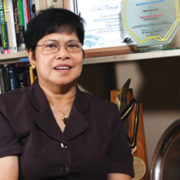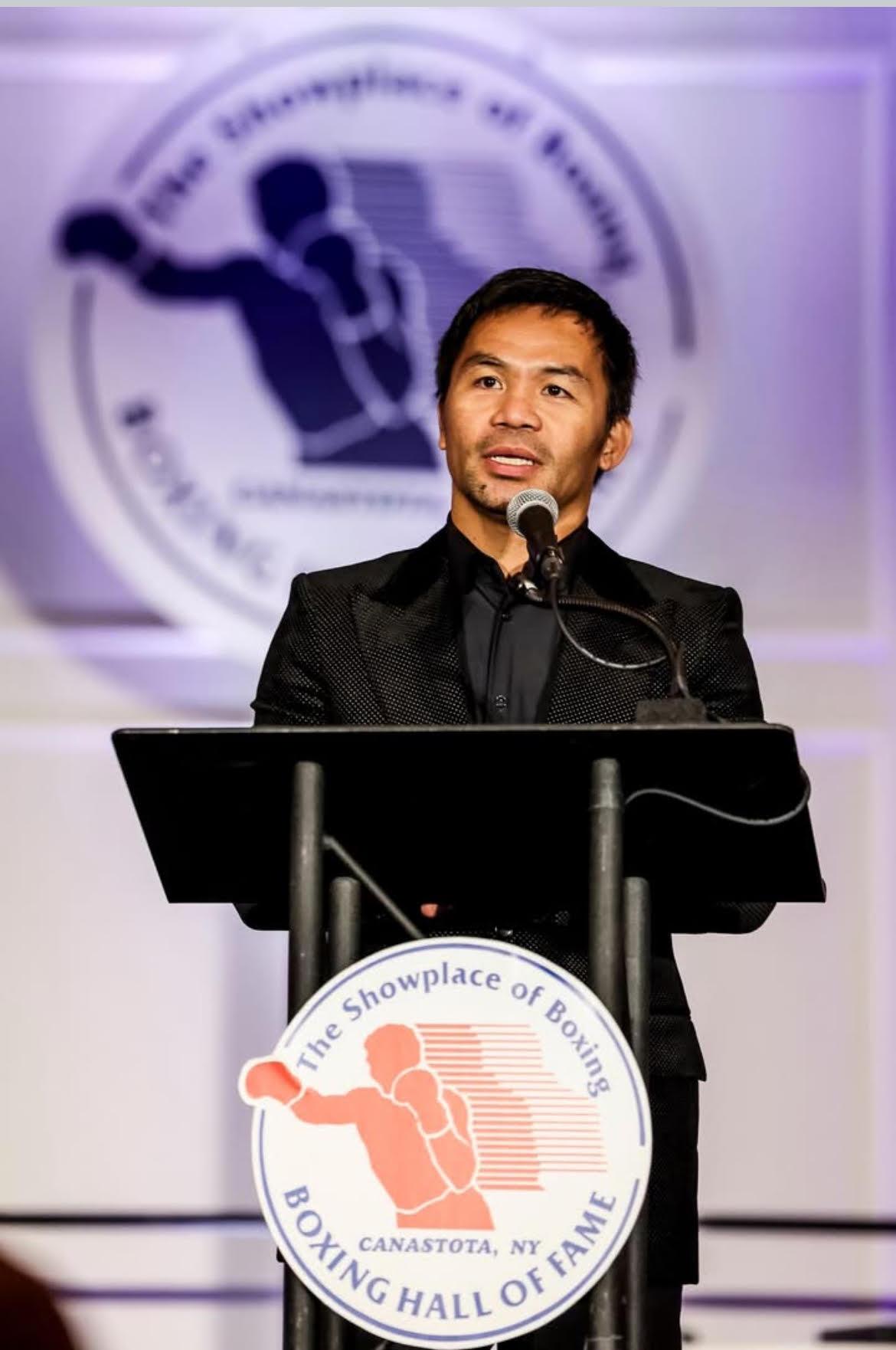CONSIDERED as one of the leading female Filipino poets of our time, Dr. Ruth Elynia S. Mabanglo’s success did not come easy.
If you read her biography, it seems as though awards and recognition sprinkle her like tiny drops of rain.
For the past 30 years, Mabanglo has racked up awards from being the first woman to receive the Don Carlos Palanca Memorial Awards for Literature Hall of Fame, “Makata ng Taon” Poet of the Year by the Commission on Filipino Language, to earning the Manila Critics Circle National Book Award for Poetry for her book, Mga Liham ni Pinay (The Letters of Pinay).
Most recently, President Benigno Aquino III awarded University of Hawaii professor Mabanglo the 2012 Presidential Awardee for Filipino Individuals and Organizations Overseas, in the “Pamana ng Pilipino” category.
The Presidential award is given to Filipino individuals and overseas groups, in recognition of their outstanding contributions to national development efforts, or their outstanding achievements in their field of profession.
In the Pamana ng Pilipino category, Mabanglo exemplified the talent and industry of the Filipino, and brought the country honor and recognition through excellence and distinction in the pursuit of their work or profession.
For Mabanglo, a professor and coordinator of Filipino and Philippine Literature Program at the University of Hawaii, it’s been a difficult but worthwhile journey.
Rough beginnings
Born in Manila, Mabanglo’s mother passed away at an early age, leaving young Ruth “abandoned, penniless and maltreated,” said Pia Arboleda, the author of Swimming the Darkness: Subversion in Elynia Mabanglo’s in the Kyoto Journal 2006.
Mabanglo persevered and in 1969 received a BA degree in Filipino from the University of the East. She earned a masters degree in Education from Philippine Normal College in 1980 before receiving a doctorate in Filipino and Literature from Manuel L. Quezon University.
But it was tough as a female poet and writer to break into the a male-dominated writing world in 1970s Philippines.
Aside from her gender, there were also acceptance issues when it came to the themes of her work, which explored female sexuality, abortion, menstruation, etc.
“The male-centered literary circle did not really accept her as a writer, and pushed her back into the margins,” wrote Arboleda.
Arboleda explained that in Philippine literature, women are often portrayed as “as flat and stereotypical characters-either as evil women who ‘steal’ husbands from their wives, or as misguided women with golden hearts who meet a tragic end.”
Some writers (mostly male) would be sympathetic towards women or sex workers but “their tone is somewhat condescending, expressing merely pity and hopelessness.”
“Only Elynia Mabanglo uses the first-person point-of-view to express the sex worker’s pains, fears and aspirations,” wrote Arboleda. “She paints a more realistic and a more complete picture that begins with a description of the puta’s workplace-‘the dark, hidden corners that are filthy and rank with the smell of beer and cigarette ash;’ or the street corner, ‘the other side.'”
It wasn’t until the late 1980s and 1990s when her work began to surface and catch the eyes of critics.

Global Filipino
Now a multi-awarded poet and writer with several books of poetry, plays and other work under her belt, professor Mabanglo crusades for another passion: the spread of Filipino language around the world.
“My ultimate dream is for Filipino, the national language, to be used as the medium of instruction in higher education in all the universities in the country,” Mabanglo said to Manila Mail in 2011.
She reiterated that sentiment in earlier this year to the Inquirer.
It is a tough sell especially in the Philippines, a country where some members of Congress are looking to phase out the Filipino language.
When former President Gloria Macapagal Arroyo pushed for Spanish to be taught in high schools and for prioritizing English so Filipinos could better serve global business, Ruth mobilized a protest petition, according to the Inquirer.
“I encouraged my students all over the United States tosign a petition to fight the killing of Filipino in high school and college, which was part of the Gullas Bill that Arroyo favored. Later on, I organized the ‘Filipino as a Global Language’ conference as a professor of Filipino language and Philippine literature at the University of Hawaii,” she said.
She has made it her mission to create a global network of Filipino language teachers and promote the national language to students around the world.
It is a difficult task but one she aims on succeeding. Language is tied to our culture, she said.
“What I want to point out is that Filipino or the national language should be given the same importance as medium of instruction side-by-side with the English language in our educational system,” said Mabanglo to Manila Mail.
“Nakatanim sa lengwahe and kultura nito (Culture is embedded in the language),” she added.
(LA Weekend Dec 29-Jan 1, Sec A pg.10)
(balikbayanmag.com)






